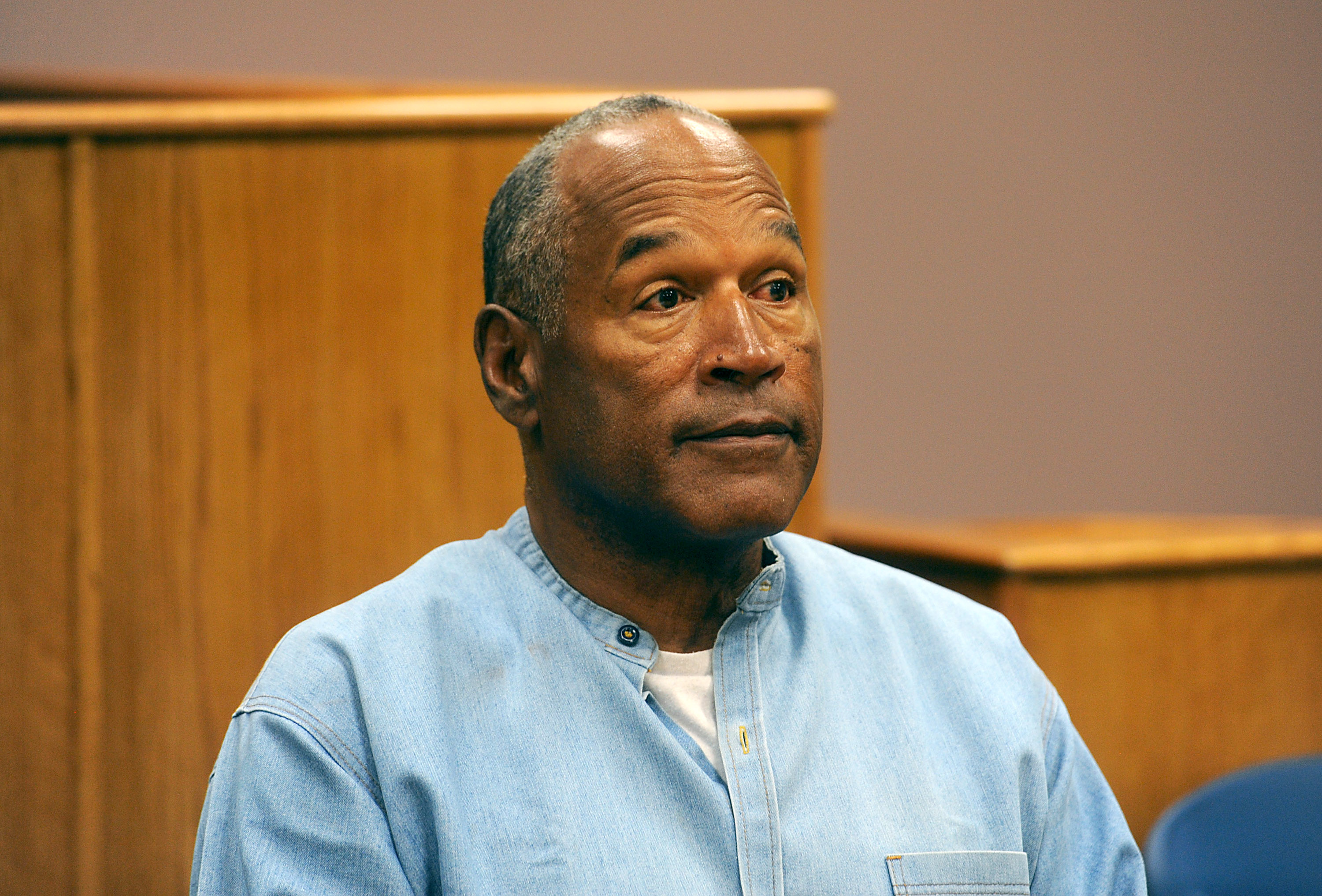The San Francisco Zoo is venturing down a new road after mother gorilla, Monifa, showed no interest in raising her newborn baby. The Zoo's staff and veterinary teams have dedicated an enormous amount of time and energy over the last two days with hopes of reuniting mom and infant, but it is clear, based on Monifa's actions, that she is ready to move on without her infant.
On Tuesday, the Zoo's veterinary staff made a decision to anesthetize Monifa and while under anesthesia the teams checked for milk production, placed the baby on her chest and then woke her up slowly, in hopes that she would embrace her infant and begin to care for him independently. After hours with no success, the Zoo's veterinary and primate team decided to pull the infant and return him to the hospital.
"We had a 50/50 chance that this would work -- it's been a proven technique and our hopes were high," said Jacqueline Jencek, DVM, chief of veterinary services at the San Francisco Zoo. "Monifa had great milk production and the infant latched right on, as he should, but as mom awoke, she again, just inspected the baby briefly on her way past him then moved as far away as possible and built a new nest."
Curators and vets realize that this is not the best case scenario, but are moving forward with a positive outlook and will progress towards stabilizing the infant both medically and behaviorally and will simultaneously begin work to train a proven mom, Bawang, as a surrogate.
"We strive for the best-case scenario in any birth, but especially with first-time moms," said Corinne MacDonald , curator of primates at the Zoo. "However, we know our troop's behavior and we could reintroduce the infant over and over again, but based on Monifa's personality and how she interacts with the troop, this was not the right path for us to take."
Wednesday morning, the infant gorilla was returned to the backstage area of the Jones Family Gorilla Preserve, where he will live indefinitely with the troop. A nursery has been set up and he and the gorilla troop will have ongoing visual contact of one another through the mesh barriers.
Two of the Zoo's veterinary technicians, with hand-rearing expertise, will care for the baby's health 24-7. Two additional behavioral/birthing experts are also coming to assist from the Associations of Zoos and Aquariums' Taxon Advisory Group, which has a subgroup with specific expertise surrounding gorilla birthing plans. Both are from the Columbus Zoo. Along with the zoo's expert staff, they will focus on and assist with handling the behavioral surrogate training with Bawang, as well as the infant.
U.S. & World
"Hand-rearing a gorilla infant is incredibly similar to raising a newborn human child, but we have to be careful," said Gail Hedberg, a world renowned expert in exotic animal hand-rearing and a veterinary technician at the San Francisco Zoo. "It's a vital time for the infant and he will receive all his nourishment needs from us, by hand, but we also must stay quiet -- let him hear, smell and see the troop, as we want to minimize any potential human imprint."
There are a variety of risks involved with every path the zoo takes in regards to the newest member of the family. Right now, the focus is on the health and well-being of mom, the infant and maintaining the dynamics of the troop.



